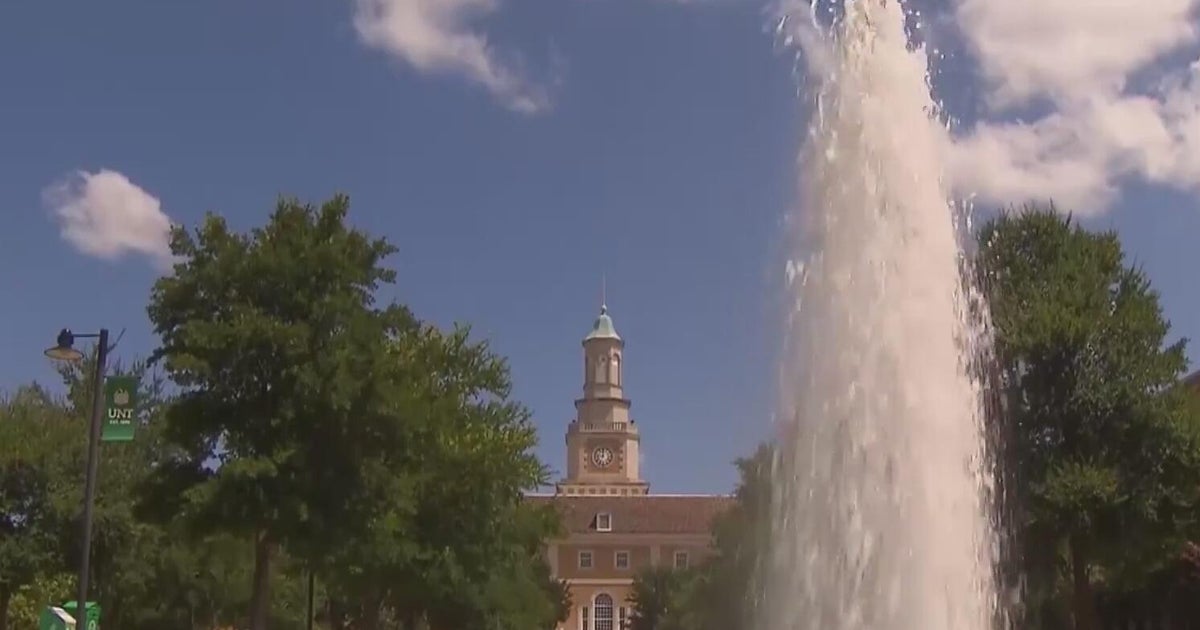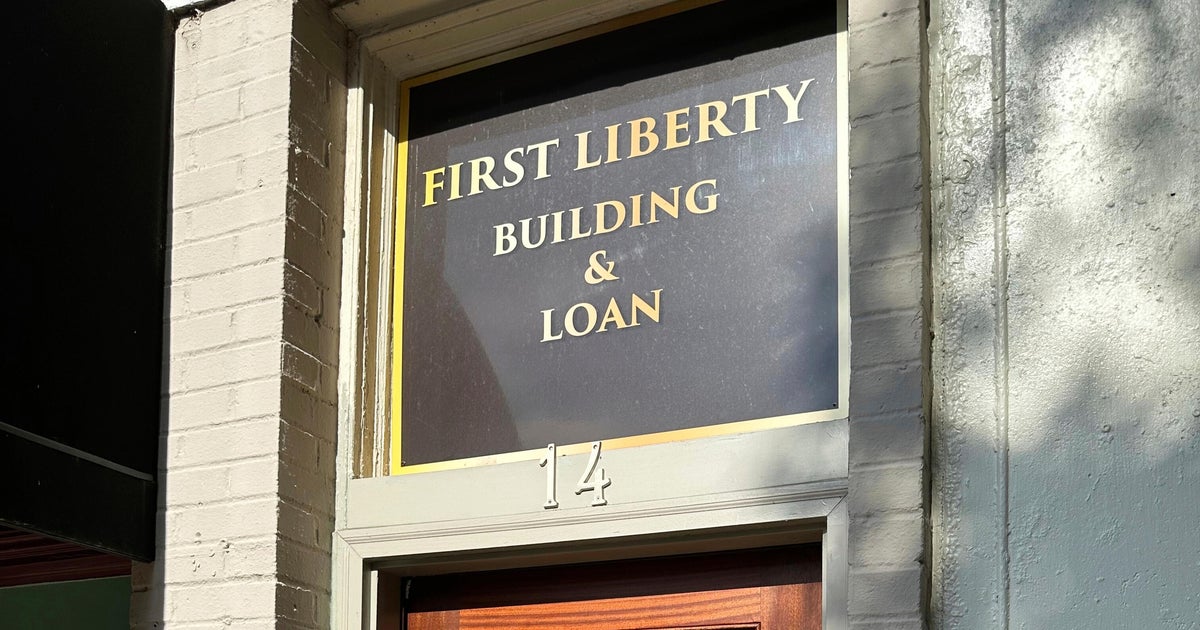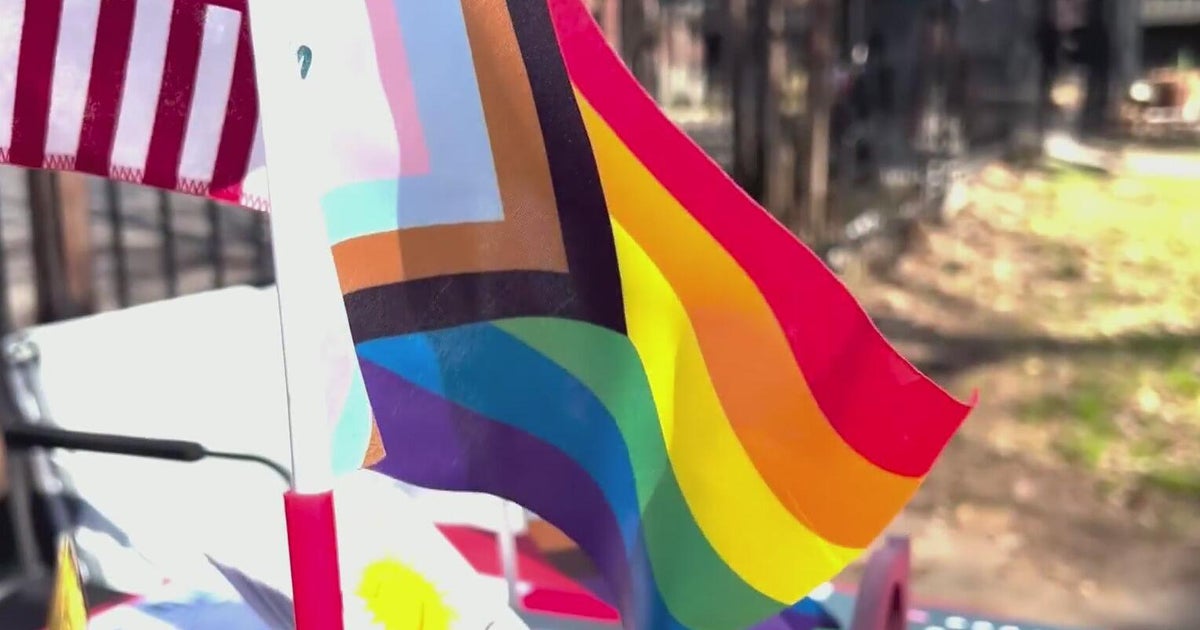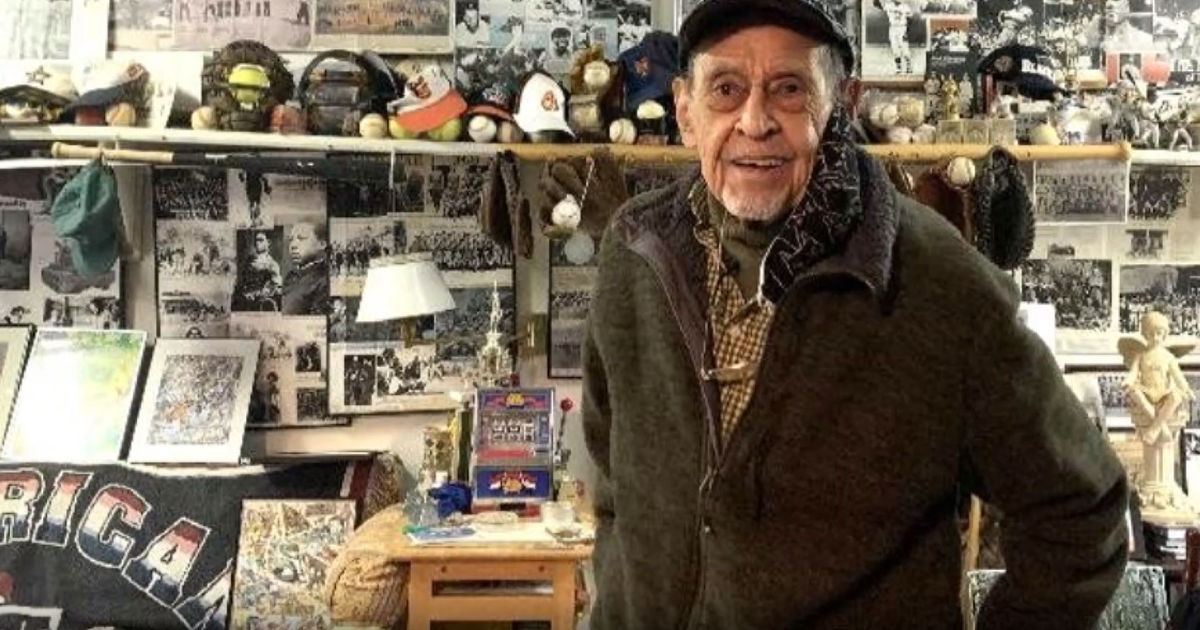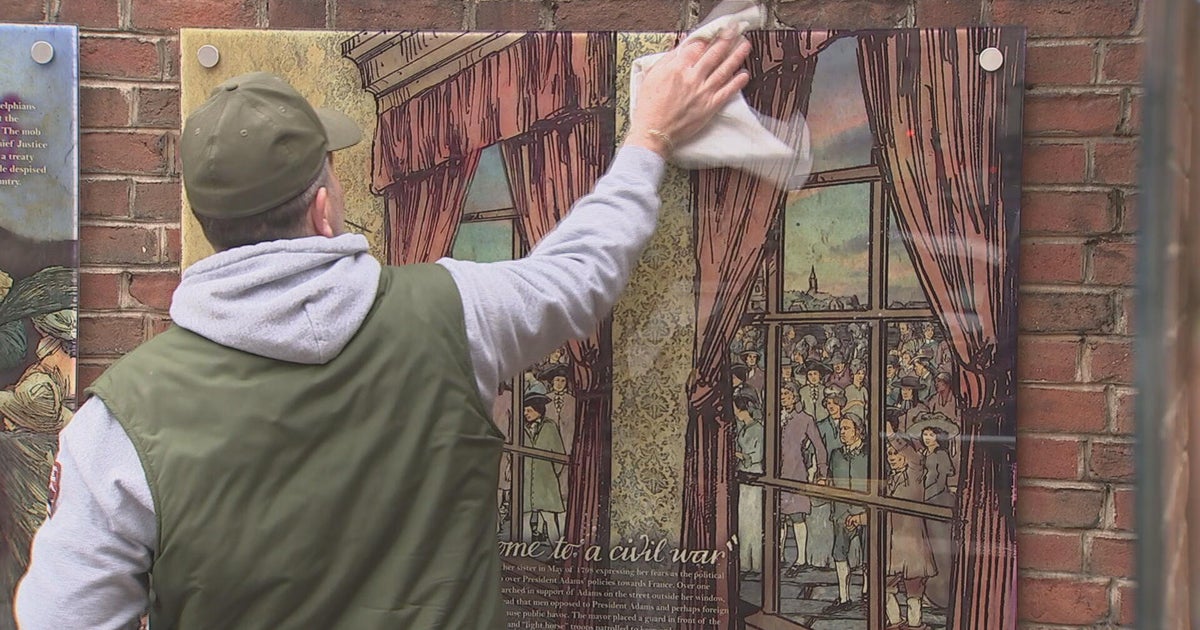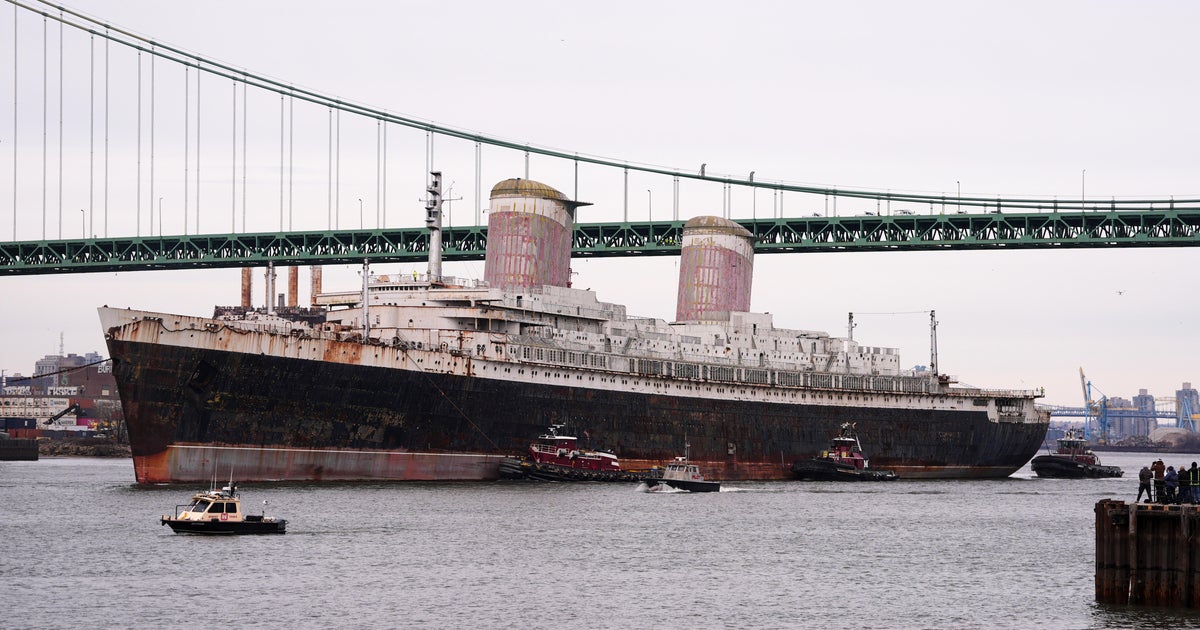Bush & Ex-Officials Mark Gulf War Anniversary
COLLEGE STATION (AP) - Former President George H.W. Bush and top officials from his administration on Thursday remembered the Gulf War as a time in history when the world stood united against a tyrant as well as a "textbook example" of how to go to battle.
Before a crowd of 3,500 people, including Gulf War veterans, Bush and key members of his national security team gathered at Texas A&M University to discuss the 20th anniversary of the conflict, which began on Jan. 17, 1991. The war was prompted by Iraq's invasion of Kuwait in August 1990 under then-President Saddam Hussein.
Bush said helping to liberate Kuwait and guiding as commander in chief of the U.S.-led coalition troops was one of the great honors of his life.
"A few things I probably could have done better, but in the case of Desert Storm (the military name for the Gulf War), history will say we got this one right," Bush told the audience from a stage at the event, held at A&M's basketball arena.
Sheikh Ahmad Humood Jaber Al-Sabah, representing Kuwait's emir who was unable to attend, thanked the former president, his officials, the U.S. and its military forces.
"Believe me, Kuwait and its people will never forget you," he said. "We carry in our hearts what you did for us each and every day."
Bush was briefly joined by former Vice President Dan Quayle.
Later, his top advisers -- then-Defense Secretary Dick Cheney, former Joint Chiefs of Staff Chairman Colin Powell, former Secretary of State James A. Baker III and then-National Security Advisor Brent Scowcroft -- and H.E. Mohammad Abdullah Abulhasan, Kuwait's ambassador to the United Nations at the time of the war, took the stage and recalled the events leading up to the conflict.
Their discussion detailed the efforts the U.S. made to try to resolve the situation diplomatically and build a worldwide coalition before deciding that military action was the only solution.
"This is a textbook example of the way to go to war. Diplomatically, politically, militarily of course and economically," said Baker, who added that Bush left no stone unturned in seeking a peaceful way to resolve things.
Gen. Norman Schwarzkopf, commander of the coalition forces, wasn't able to attend Thursday's event because of health reasons. He sent a letter that Powell read to the audience.
"Our mission was victorious because we had the best-trained military in the world, the president had fortitude to make tough choices when they needed to be made and the unwavering support of the American people," Schwarzkopf said. "Our mission in Kuwait ended 20 years ago, but the impact will endure for generations to come."
Powell said a peaceful solution was not possible because Hussein was unfazed by the warnings from the U.N. Security Council, by economic sanctions or by the buildup of U.S. troops in the region.
"I was quite confident we were going to war and (Hussein) wasn't going to blink," Powell said.
The U.N. Security Council warned Iraq that if it didn't withdraw its troops by Jan. 15, 1991, a U.S.-led coalition would be authorized to drive them out. The war began two days later with air attacks against Iraqi targets.
The ground assault that started about a month later lasted only 100 hours. Of the more than 540,000 Americans deployed at the peak of the fighting, 148 were killed and 467 were wounded.
New documents released Thursday showed that as the ground assault began, Hussein tried to broker a last-minute peace deal with the help of former Soviet leader Mikhail Gorbachev. But the documents, released by the National Defense University in Washington, also showed Hussein remained defiant, calling the coalition forces "treacherous and cowardly" and describing Bush as "the enemy of God and humanity."
Scowcroft said the Soviets supported the coalition's efforts but were also trying to "have a protective arm around their friend, Iraq."
Bush said earlier this week that he has no regrets about his administration's handling of the war, including the decision to pull out American forces and leave Hussein in power.
Powell and the other members of Bush's national security team agreed that the mission was to liberate Kuwait, not remove Hussein.
"There is a legitimate argument as to whether we stopped too soon. We accomplished the mission," Powell said. "President Bush made the right decision."
The Iraqi leader was ousted in 2003 during the Iraq war, which started under Bush's son, former President George W. Bush. After being convicted of crimes against humanity, Hussein was hanged in December 2006.
A handful of protesters stood in front of the arena before the event began, holding up signs that read, "No War" and "Why Honor War Criminals? Arrest Cheney." During the event, one unidentified protester walked onto the floor of the arena and began singing "Down by the Riverside" as Cheney was speaking. The protester was escorted out of the arena but was not arrested.
Texas A&M is about 100 miles northwest of Houston and home to Bush's presidential library.
(© Copyright 2011 The Associated Press. All Rights Reserved. This material may not be published, broadcast, rewritten or redistributed.)
